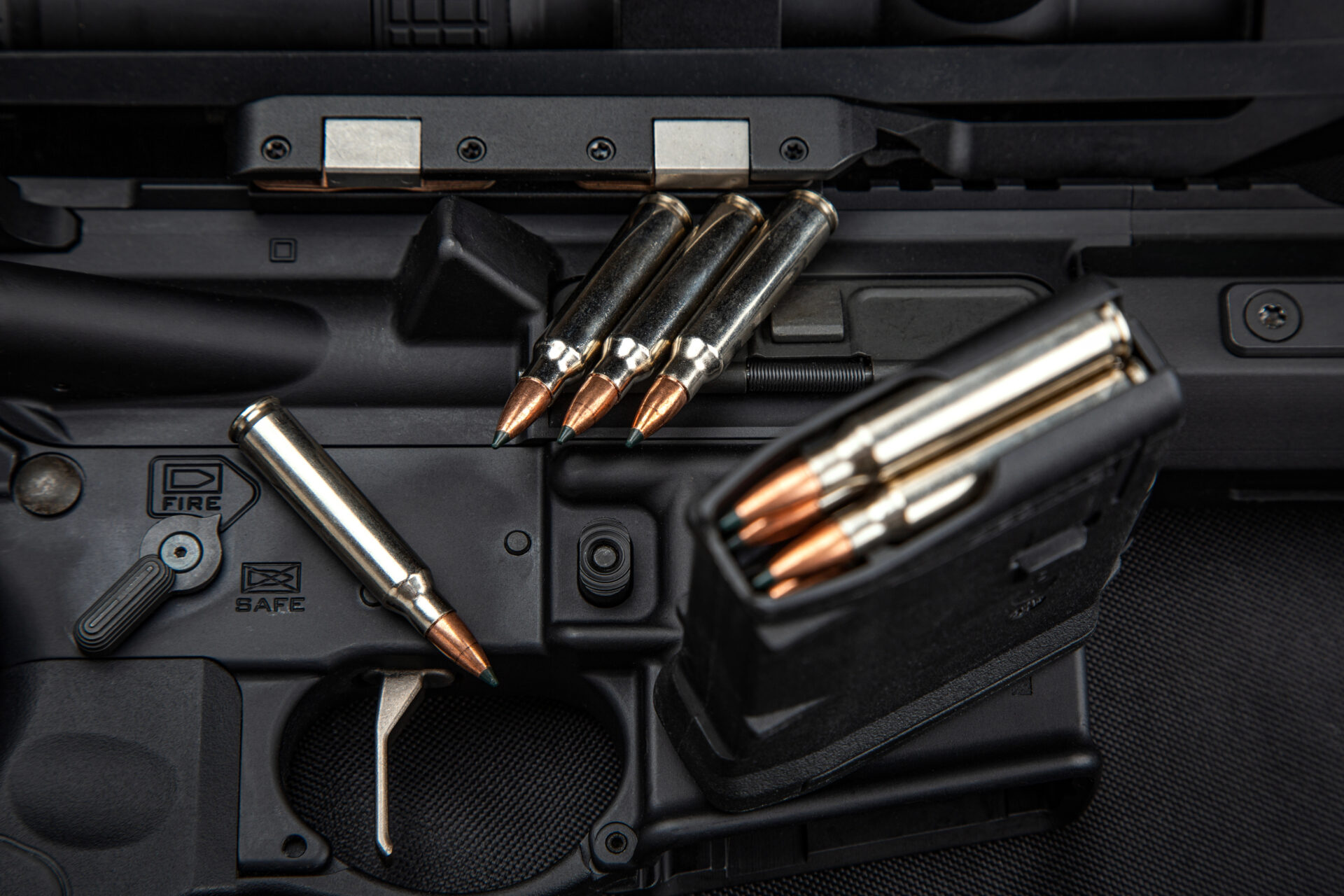So, the question is: What happens now that the jury found the defendant guilty?
Here’s an expert’s opinion on what could occur:
In the case of a guilty finding, Trump might file a direct appeal with the Supreme Court, according to conservative radio presenter Mark Levin.
“I asked my friend of nearly 45 years, Arthur Fergenson, if he represented President Trump, how he might seek a direct appeal to the Supreme Court if necessary,” Levin wrote in a post on X/Twitter. Fergenson is one of the smartest lawyers I know, and he served as a law clerk to the late Chief Justice Warren Burger.
Levin posted the response from Fergenson.
“In addition to its legislative writs of certiorari, which it can use to take cases from lower appellate courts, the US Supreme Court also possesses a number of other procedures known as common law writs. The Judiciary Act of 1789 (law.justia.com/constitution/u) actually authorizes these common law writs as a general matter, which I learned about when IBM asked a vengeful federal court to reconsider a discovery order. At the time, I was clerking for Chief Justice Warren Burger. The court rejected all six of the petitions. “The Supreme Court rarely issues common law writs, but there are still a number of ways to give the court a chance to immediately examine a conviction rendered by an incorrect court, as this one would be.”
Fergenson continued by outlining the foundation for an appeal.
“I would assert as the primary defense that Donald Trump’s lack of knowledge about the alleged federal crime against him—the predicate offense that New York law necessitated to establish the New York criminal case—denied him due process. That is a kangaroo court; it is the most egregious infringement of due process rights we can think of to try someone for a crime they were unaware of. For example, consider Darkness at Noon and the Stalin show trials. The trial’s timing and the flagrant violation of fundamental rights are only consistent with an attempt to sabotage an impartial presidential election, effectively depriving the American people of their right to a Republican government.”
Fergenson concluded by noting that Bush v. Gore “may and should be relied upon as the Supreme Court intervening to save American democracy from an impending threat,” despite the Supreme Court’s earlier declaration that it cannot be cited as a precedent.
Alvin Bragg’s case unquestionably satisfies those requirements.
He said, “That is consistent with the Supreme Court’s denial of the federal prosecutor’s request for expedited consideration of the immunity question.” “The fair and unhindered conduct of a federal election for the most powerful post in America and the globe is at immediate risk due to the NY trial court.” The Supreme Court can take action to safeguard democracy. It ought to, too. It should take action immediately upon receiving a guilty verdict.






